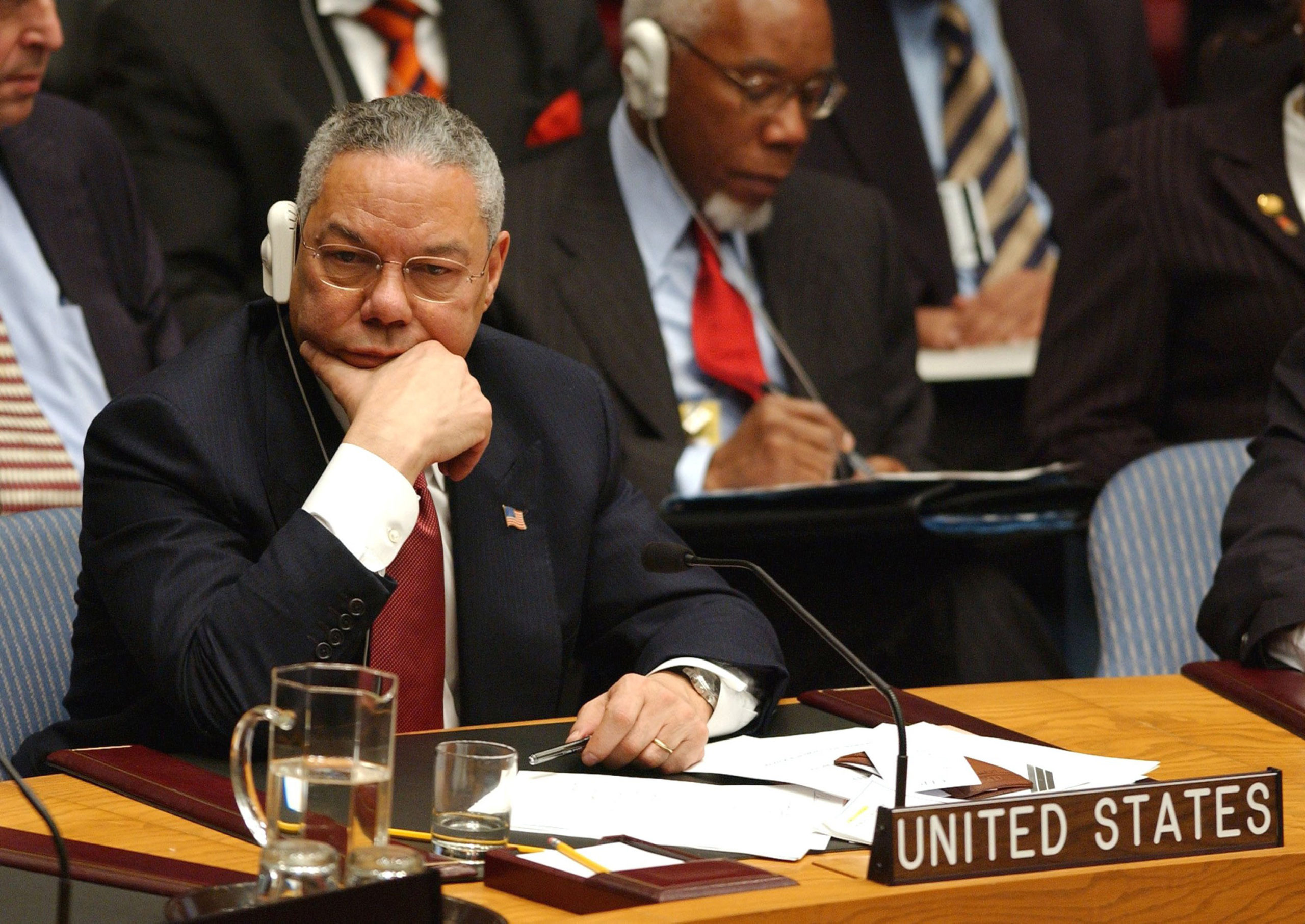Colin Powell, a four-star general and former U.S. Secretary of State died this week at the age of 84 from complications of COVID-19 and multiple myeloma. Until the election of Barack Obama in 2008, Gen. Powell had the distinction of being the highest ranked black man to serve in the U.S. government.
In the days after his death, four of the five living former presidents put out statements praising Powell’s legacy and referring to him as an American hero. Speaking more bluntly, former president, Donald Trump, put out a statement calling Powell a “RINO” (Republican In Name Only) and saying that Powell “made plenty of mistakes.”
I never thought I’d find myself agreeing with Donald Trump but as the old adage goes, “even a broken clock is right twice a day.”
As a Muslim American, I will forever appreciate Gen. Powell’s remarks during his 2008 appearance on “Meet The Press”. While discussing the baseless allegation that then candidate, Obama, was a Muslim, Gen. Powell chose to break from the republican dogma, and say that there’s nothing wrong with being a Muslim in America and defending our right to hold public office.
There is zero doubt in anyone’s mind that Gen. Powell loved this country immensely. Out of his 84 years on this planet, 53 were spent in service to the United States, both as a soldier and as a statesman. However with those decades of service comes a very complicated legacy ripe with missteps and outright lies. The biggest of which being the lie that Saddam Hussein had been harboring weapons of mass destruction. A lie which ended up costing $8 trillion of taxpayer money, as well as the lives of approximately 929,000 soldiers and civilians.
They say that you should never speak ill of the dead, but attempting to sanitize the legacy of a man whose handiwork so drastically ruined the lives of so many people, helps absolutely no one.
Too many Bush era politicians have had their legacies unfairly rehabilitated by the media as well as other political figures. Part of this likely stems from the Trump administration’s unorthodox style of politics. The Trump era news cycle fried America’s brain so thoroughly that it left many Americans longing for the good ole’ Bush era days of bland milquetoast neoconservatism.
In Gen. Powell’s defense, I understand that the post 9/11 era raised a lot of complicated ethical dilemmas that no sane person would ever want to deal with. Working in such a high level position during such a tense time in U.S. history, requires a person to make a lot of very drastic decisions.
While it’s easy to critique those decisions from the outside looking in, it’s important to also apply some historical context to them. As citizens, we should be able to understand why government officials made the decisions that they did, but still be able to critique the outcomes that their decisions brought about. Especially when so many people here and abroad are still dealing with the ramifications of those decisions.
The twentieth-century philosopher, George Santayana said, “those who don’t remember the past are condemned to repeat it.” The effects of 9/11 and the years after it, will likely be felt across the world for the rest of the twenty-first-century, if not longer. Trying to paint over the legacies of the people whose actions will impact future generations long after they’re gone, does a huge disservice to everyone.

